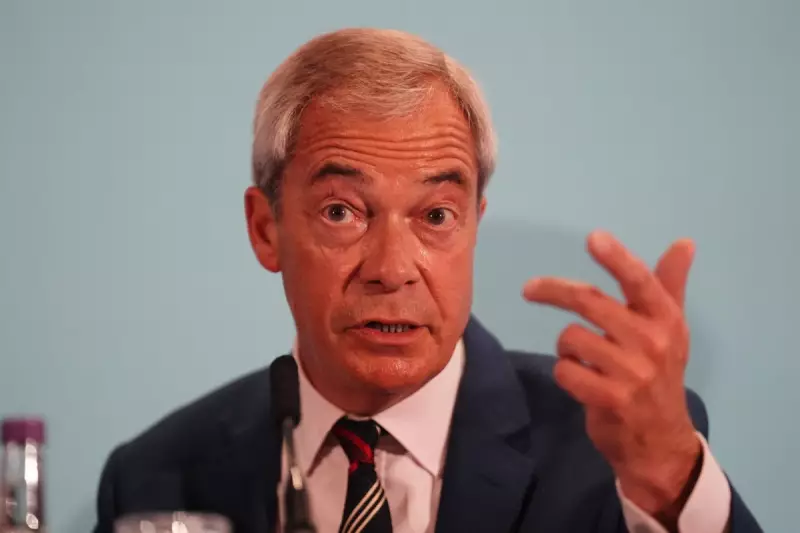
Reform UK leader Nigel Farage is facing a stern moral and ethical challenge from one of the Church of England's most senior figures over his controversial immigration proposal. The Bishop of Manchester, the Rt Rev Dr David Walker, has launched a scathing critique, labelling Farage's plan for a 'voluntary' mass deportation scheme as deeply flawed and inhumane.
The fiery condemnation centres on Mr Farage's announcement that a Reform UK government would seek to implement a Rwanda-style arrangement. The key difference, according to Farage, is that individuals would be offered a financial incentive to leave the UK 'voluntarily' rather than being forcibly removed.
A Scathing Moral Critique
In his powerful rebuttal, Bishop Walker did not mince words. He declared the policy "immoral, impractical, and cruel", attacking its very foundation. He argued that the proposal preys on the most vulnerable by essentially offering a cash payment in exchange for abandoning their chance at a safe and secure life, a choice he views as no choice at all for those in desperate circumstances.
"To offer money to people who have fled persecution, war, and famine... is immoral," the Bishop stated, emphasising the plight of those the policy would target.
Questioning Practicality and Cost
Beyond the ethical concerns, the senior clergyman also took aim at the logistical and financial feasibility of the plan. He expressed profound scepticism that such a policy could be implemented on the massive scale suggested without staggering costs and complex legal challenges.
Bishop Walker further warned that the proposal risks "fanning the flames of division and hostility" within communities across the UK, damaging the nation's social fabric for a plan he believes is fundamentally unworkable.
Farage's Defence and the Wider Reaction
Mr Farage, a key figure in the Brexit campaign, has defended his proposal by framing it as a necessary measure to tackle illegal immigration and ease the pressure on public services. He maintains that his 'voluntary' approach is a more pragmatic solution than the government's stalled Rwanda scheme.
However, this intervention from a leading religious figure adds a significant and heavyweight voice to a chorus of critics who accuse Reform UK of promoting extreme and divisive policies. The clash highlights immigration as a central, and fiercely contested, battleground in the upcoming general election campaign.





